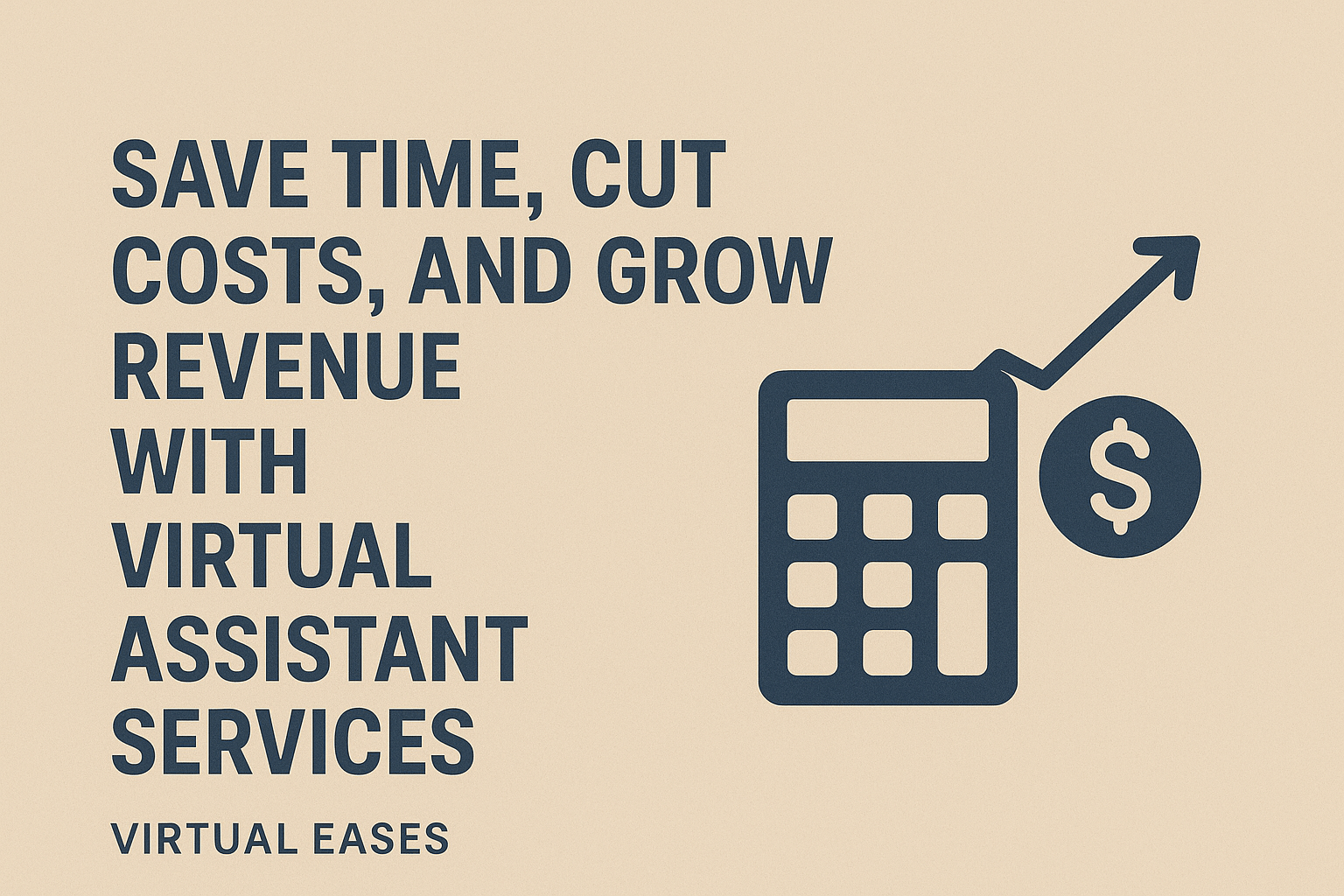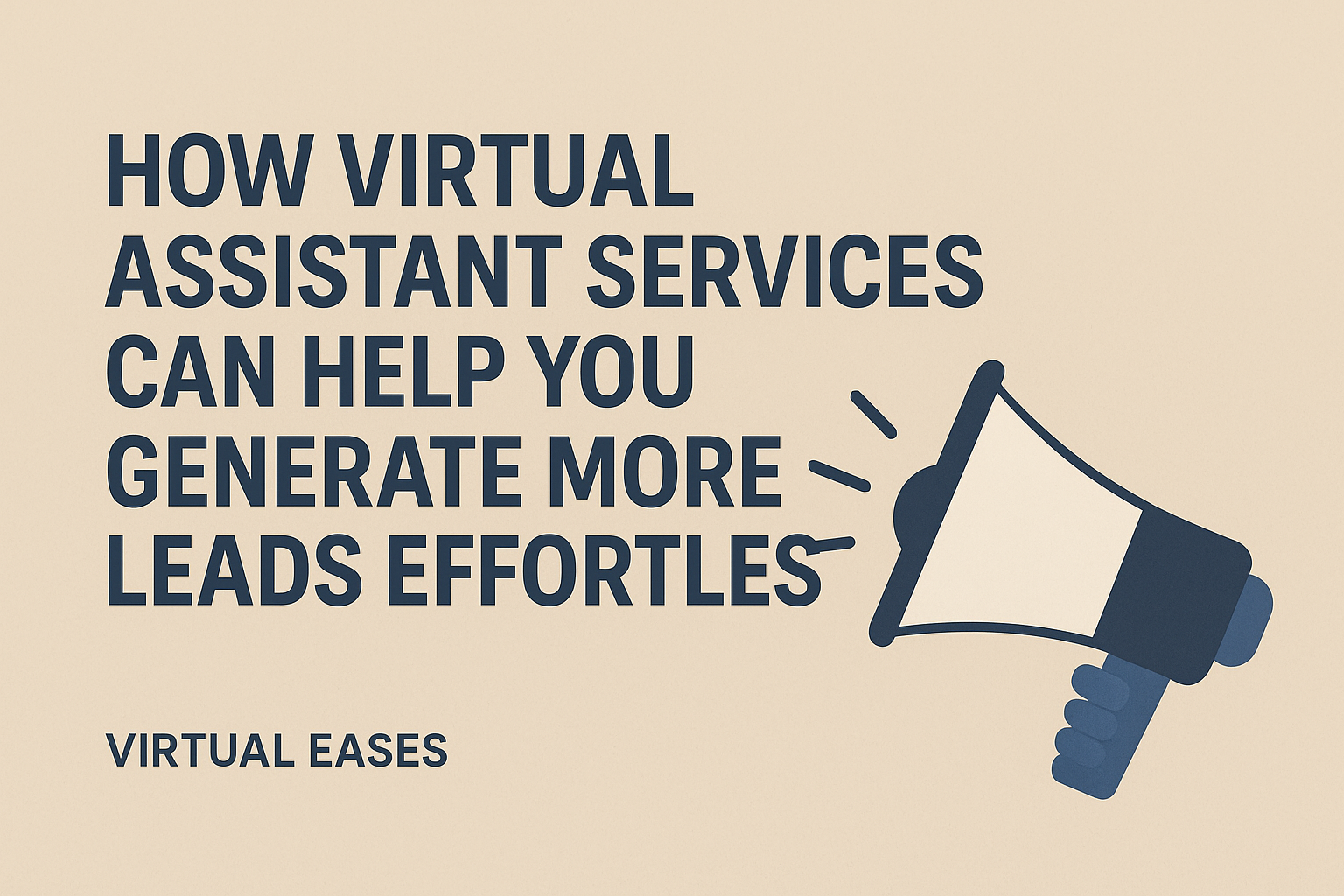
Discover how to become a virtual assistant and build a thriving online business. Learn essential skills, find clients, and enjoy the freedom of working remotely.
Introduction
In today’s digital age, the traditional 9-to-5 job is no longer the only path to a successful career. The rise of remote work has opened up countless opportunities for individuals seeking flexibility, independence, and the ability to work from anywhere. One such opportunity is becoming a virtual assistant (VA).
A virtual assistant provides administrative, technical, or creative services to clients remotely. This role offers a unique chance to work with diverse clients, develop valuable skills, and enjoy a flexible work-life balance. If you’re considering a career as a virtual assistant, this comprehensive guide will provide you with the information and tools you need to succeed.
Understanding the Role of a Virtual Assistant
A virtual assistant can perform a wide range of tasks, depending on their skills and the needs of their clients. Common responsibilities include:
- Administrative tasks: Email management, scheduling appointments, expense tracking, and data entry.
- Technical support: Website maintenance, social media management, and basic graphic design.
- Creative services: Content writing, blog editing, and virtual event planning.
- Customer service: Responding to inquiries, providing support, and resolving issues.
The specific tasks you’ll handle will depend on your chosen niche and the services you offer.
Essential Skills for Virtual Assistants
To succeed as a virtual assistant, you’ll need a combination of technical and soft skills. Some essential skills include:
- Strong communication skills: Effective communication is crucial for building relationships with clients and delivering high-quality work.
- Time management and organization: VAs must be able to manage multiple tasks and deadlines efficiently.
- Technical proficiency: A basic understanding of technology, including email, cloud storage, and productivity tools, is essential.
- Adaptability and problem-solving: The ability to adapt to new challenges and find creative solutions is invaluable.
- Customer service skills: VAs often interact directly with clients, so excellent customer service skills are essential.
- Attention to detail: VAs must be meticulous and ensure accuracy in their work.
- Proactive approach: A proactive approach to problem-solving and anticipating client needs can set you apart.
Building Your Virtual Assistant Business
Once you’ve mastered the essential skills, it’s time to build your virtual assistant business. Here are some key steps:
- Define your niche: Specializing in a particular area, such as administrative support or social media management, can help you attract clients and differentiate yourself from the competition.
- Create a professional online presence: A website and social media profiles can help you showcase your skills and connect with potential clients.
- Network with other professionals: Building relationships with other freelancers, entrepreneurs, and business owners can lead to referrals and collaborations.
- Leverage online platforms: Websites like Upwork, Fiverr, and Freelancer can be great places to find clients and build your reputation.
- Set your rates: Determine your hourly rate or project-based pricing based on your experience, skills, and the market rate.
- Create a portfolio: Showcase your previous work or create sample projects to demonstrate your abilities.
- Invest in professional development: Continuously update your skills and knowledge to stay ahead of the curve.

Finding Clients and Building Relationships
Finding clients is essential for a successful virtual assistant business. Here are some effective strategies:
- Network with other professionals: Attend industry events, join online communities, and connect with other freelancers.
- Utilize online platforms: Leverage freelance marketplaces and job boards to find potential clients.
- Cold outreach: Reach out to businesses in your target industries to offer your services.
- Leverage referrals: Ask satisfied clients to refer you to their friends and colleagues.
- Provide excellent service: Delivering high-quality work and building strong relationships with clients is key to long-term success.
Balancing Work and Life
One of the biggest advantages of being a virtual assistant is the flexibility it offers. However, it’s important to maintain a healthy work-life balance. Here are some tips:
- Set boundaries: Establish clear boundaries between work and personal time.
- Create a dedicated workspace: Having a designated area for work can help you stay focused and productive.
- Take breaks: Schedule regular breaks throughout the day to rest and recharge.
- Prioritize self-care: Make time for activities you enjoy, such as exercise, hobbies, or spending time with loved ones.
Conclusion
Becoming a virtual assistant offers a rewarding and flexible career path that allows you to work from anywhere and set your own schedule. By developing the necessary skills, building a strong online presence, and finding the right clients, you can create a successful business and enjoy the freedom of remote work.
Remember that building a virtual assistant business takes time and effort. Be patient, persistent, and committed to your goals. Continuously invest in your professional development, stay updated on industry trends, and adapt to the changing landscape of remote work. With dedication and hard work, you can achieve your aspirations as a virtual assistant and enjoy a fulfilling and fulfilling career.











